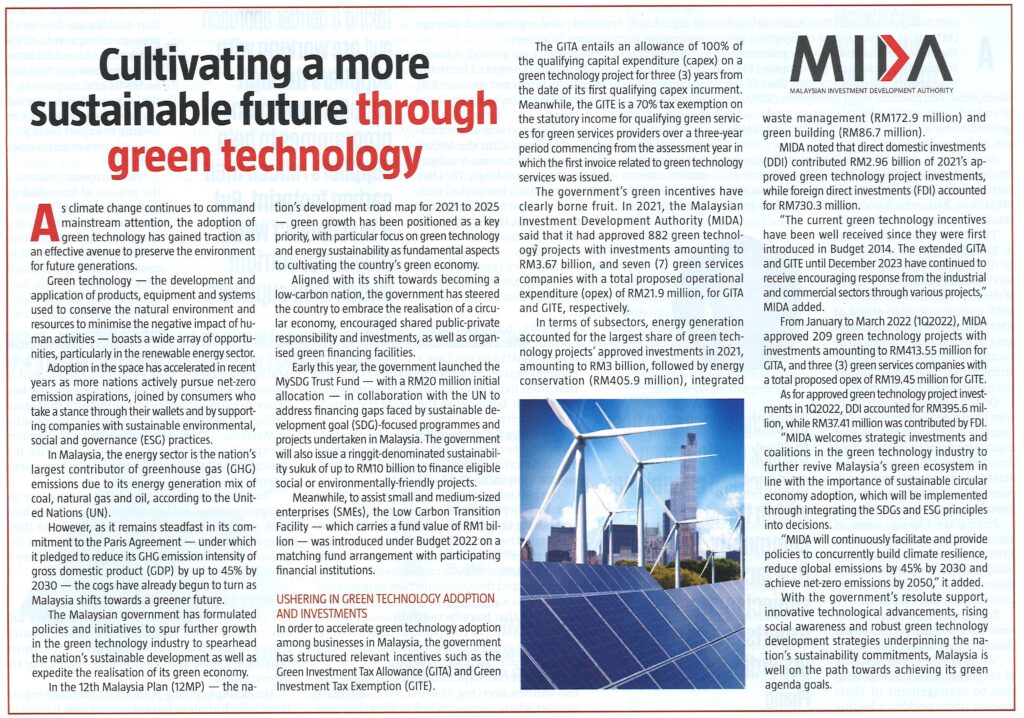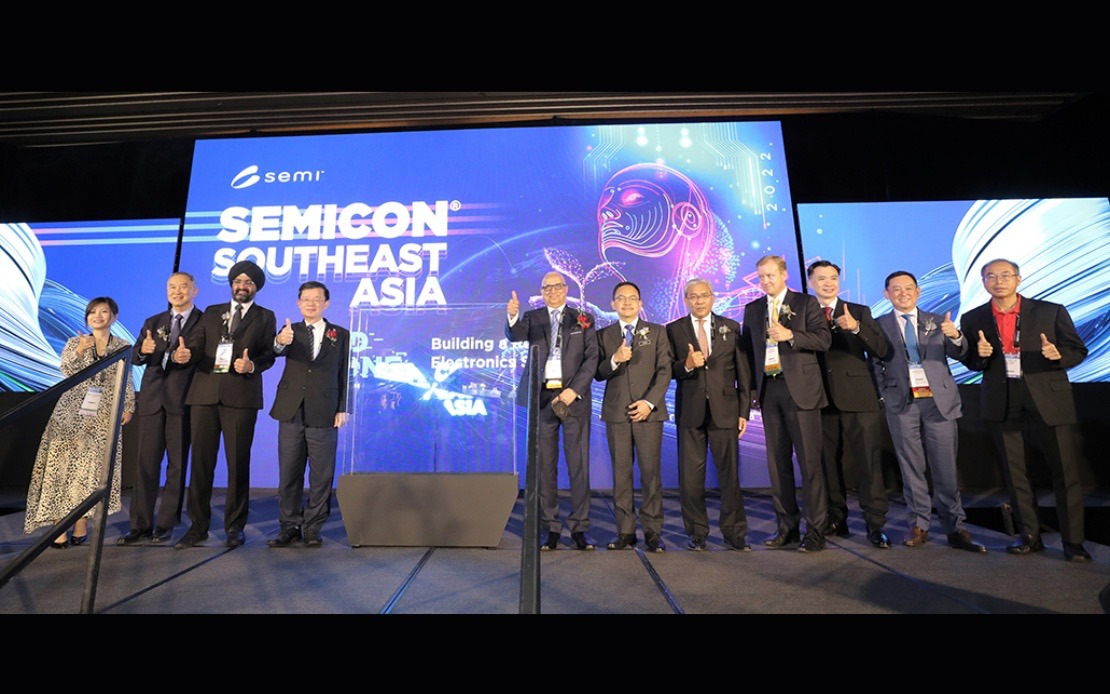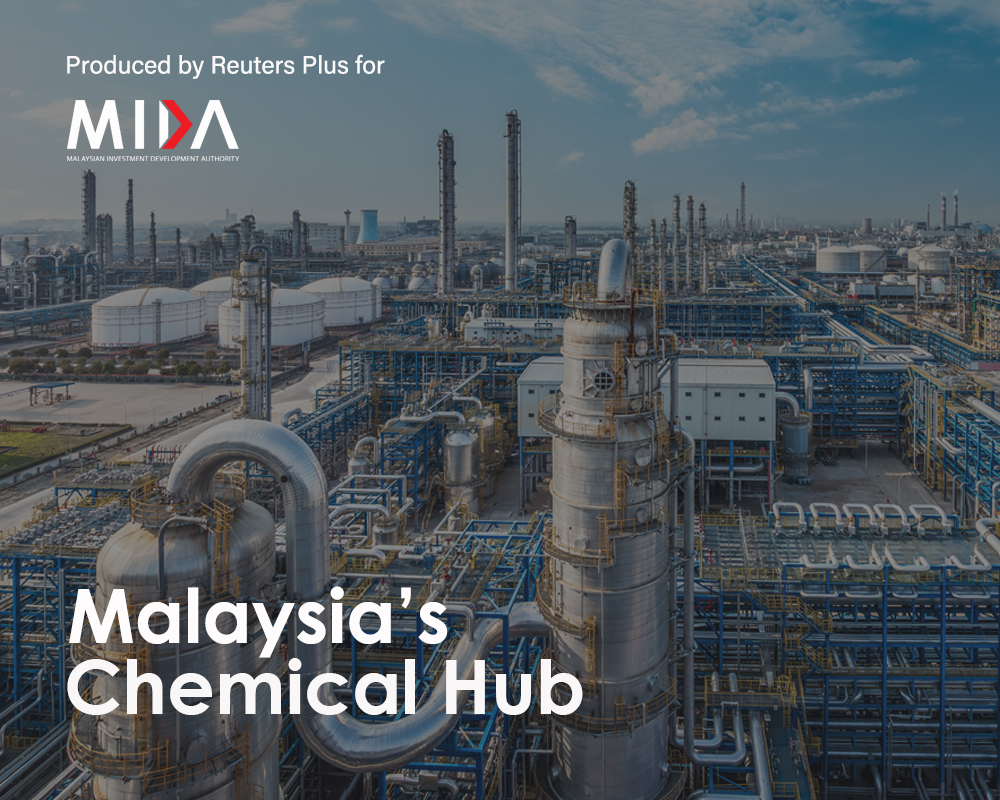Kedah received 71 approved projects with total investments of RM9.7 billion from Jan to June 2022, of which RM8.9 billion were from foreign sources, said the Malaysian Investment Development Authority (MIDA).
Chief executive officer Datuk Arham Abdul Rahman said these projects will be instrumental in creating over 3,209 job opportunities.
“Despite the challenging global economic environment, Kedah has been one of the top five states for investment by the business community,” he said in his welcoming speech at the MIDA Invest Series: Unfolding States Business Potential (Kedah).
Arham revealed that the Project Acceleration and Coordination Unit or PACU@MIDA, which facilitates the speedy implementation of investment projects in the country, has also facilitated Kedah with a total of 277 approved manufacturing projects from 2017 to July 2022.
“A total of 188 projects (68 per cent) have been implemented, while 68 projects (24 per cent) are in active planning stages, such as site acquired and discussion/negotiation with relevant stakeholders, and 21 projects (8 per cent) are yet to be implemented,” he said, adding that MIDA had facilitated 1,600 projects in terms of implementation as of today.
He said for many years, the northern region of Malaysia has been driving the growth of the manufacturing industry by being a preferred destination for offshore semiconductor manufacturing activities, and a thriving electric and electronic regional hub.
“From the proposed Kedah Aerotropolis to the various industrial parks, Kedah has the potential to become a global industrial hub.
“The move to introduce the Express Construction Permit known as E10 clearly indicates Kedah’s aspiration to be an ideal destination for global business expansion,” he added.
He said Kedah has been making great advancements recently, proving that it is more than just a “Rice Bowl State” of Malaysia.
The E10 initiative speeds up the process of allowing investors to operate within a 10-month period from the average of 24 months.
“In fact, E10 was first implemented in Kedah, specifically by the Kulim Municipal Council and has been acknowledged by the Special Task Force to Facilitate Business (PEMUDAH) as an example of best practices that should be emulated by other states and local authorities,” he said.
Meanwhile, Arham said there are notable companies leveraging Kedah’s well-established infrastructure and network of experienced support services.
Among the companies that have set their footprint in Kedah are Intel, Risen Solar Technology, Infineon, First Solar, and Fuji Electric.
“These companies hold much promise for further collaborations and opportunities for our local businesses,” he said.
Source: Bernama
Kedah records RM9.7 bln total investments from Jan to June 2022 – MIDA
Content Type:
Duration:



 Credit : MIDA
Credit : MIDA
 Mida’s API is focused on enabling Malaysian businesses adapt to the new normal.
Mida’s API is focused on enabling Malaysian businesses adapt to the new normal.

